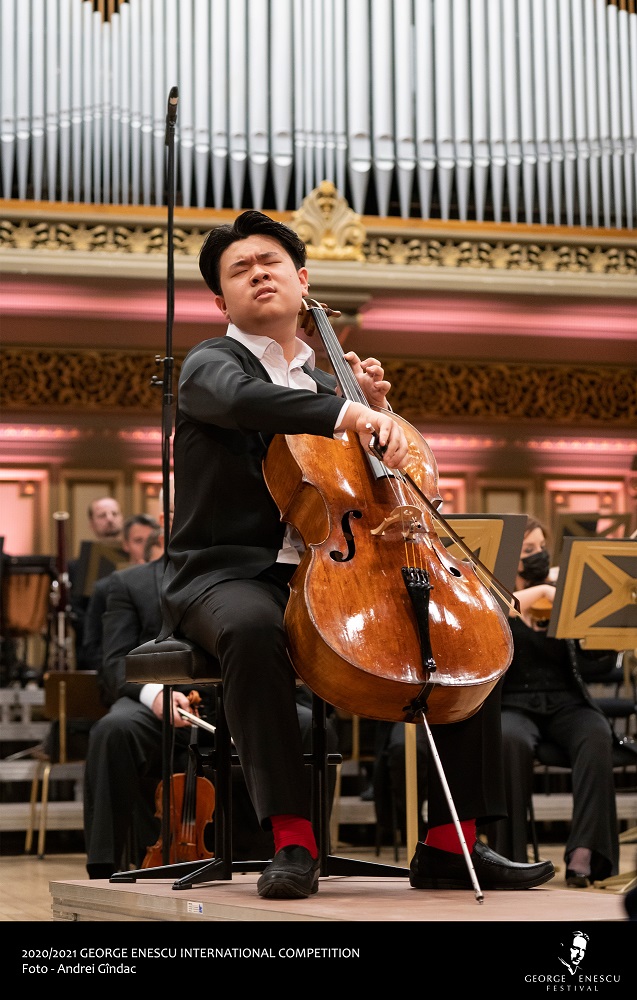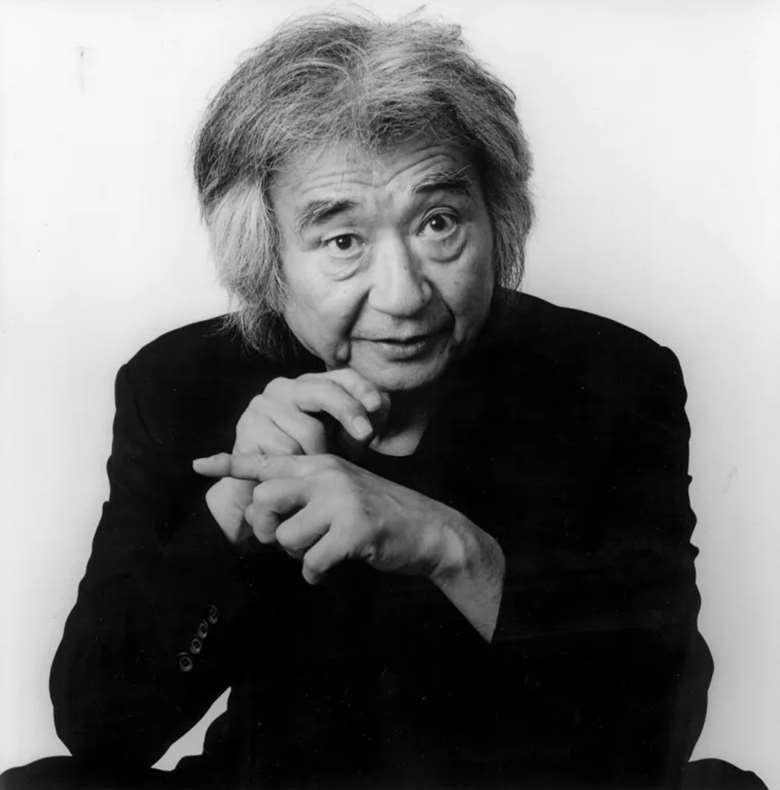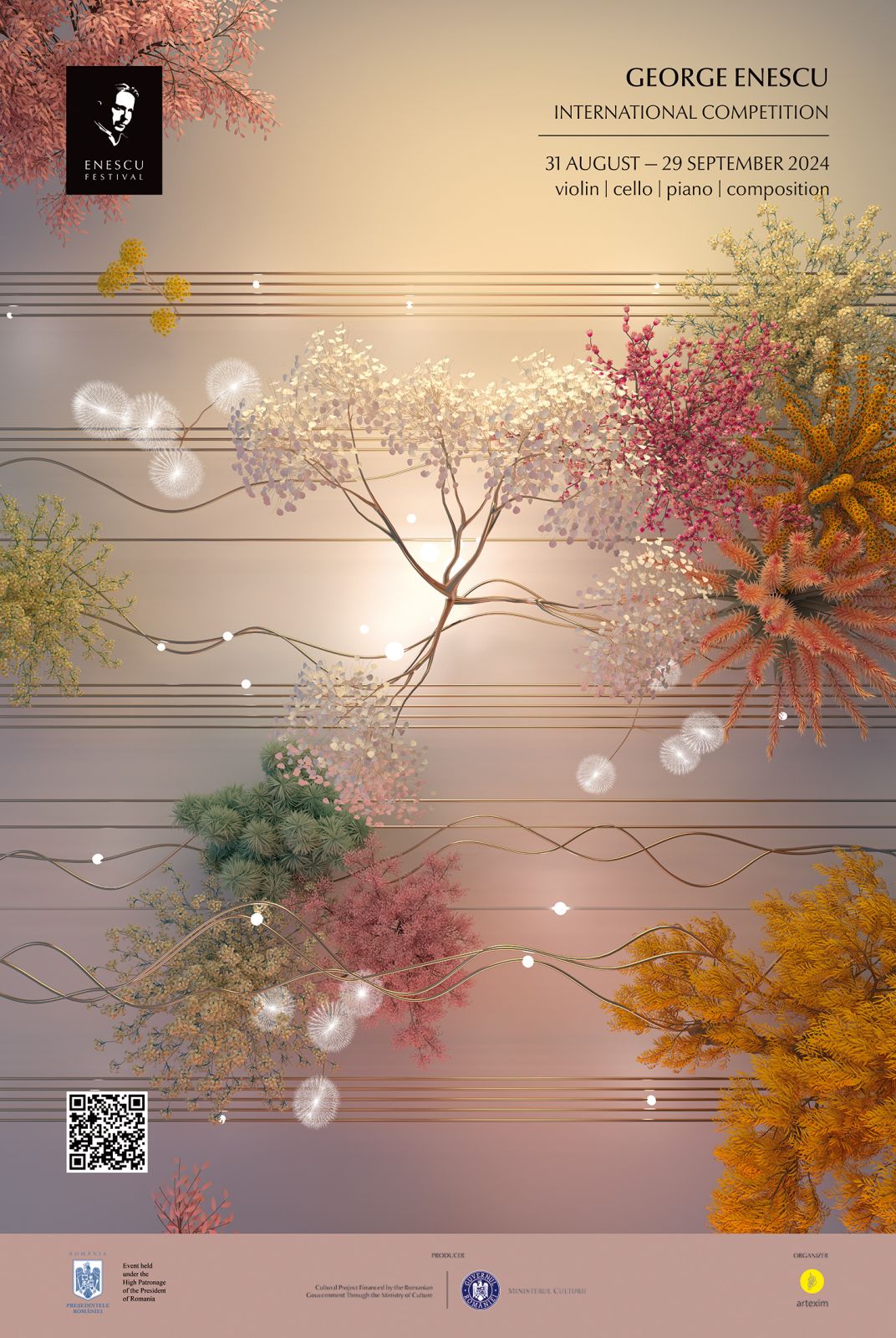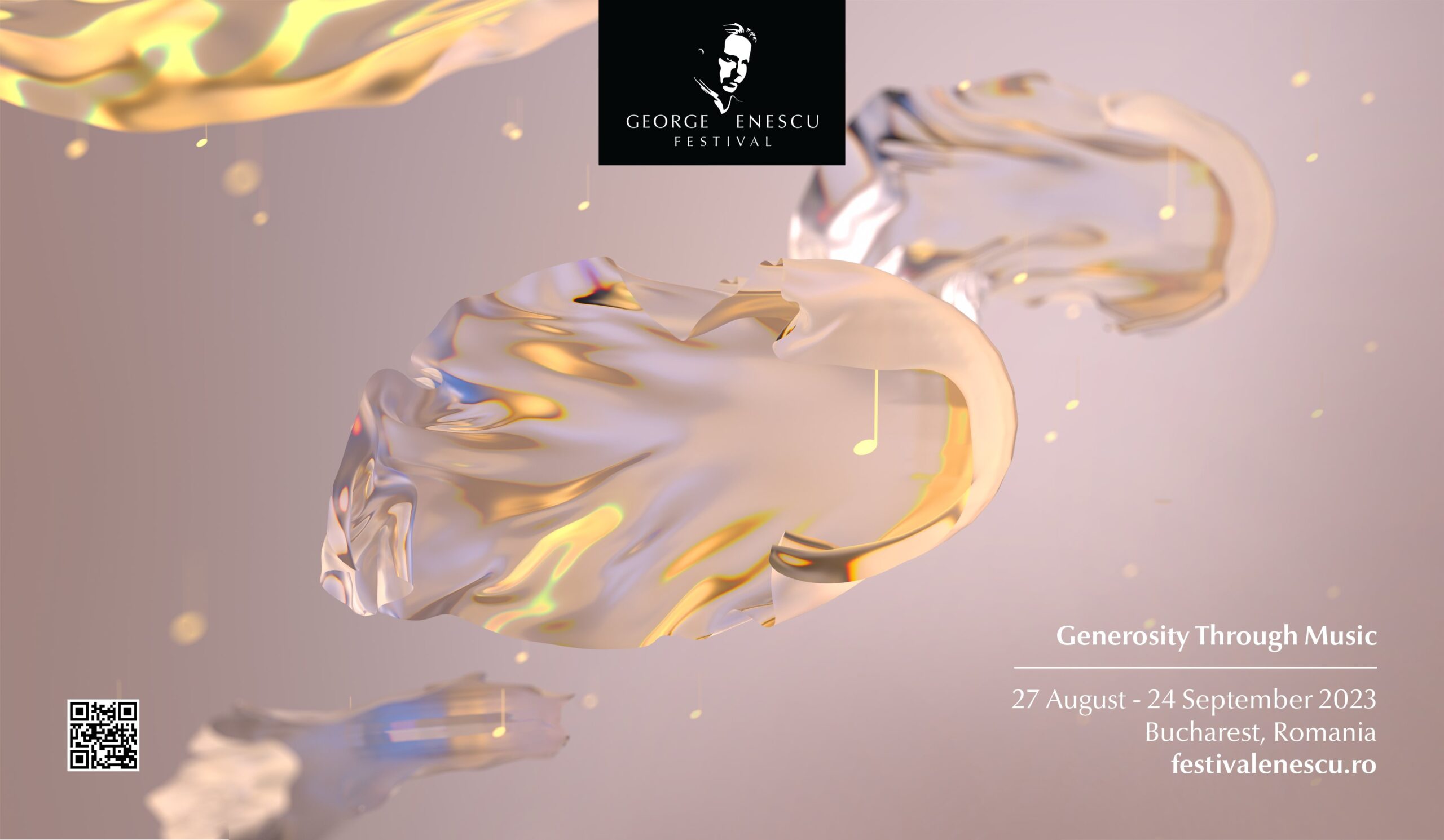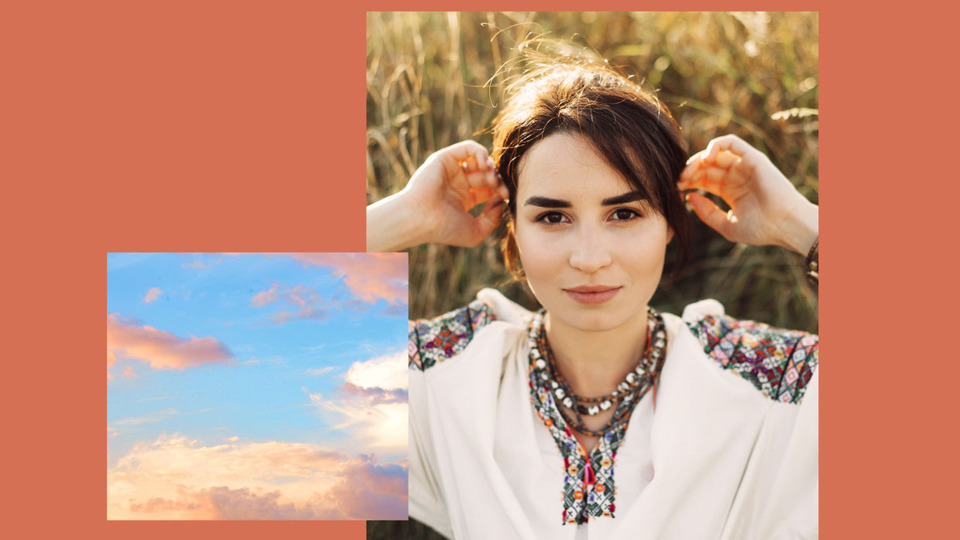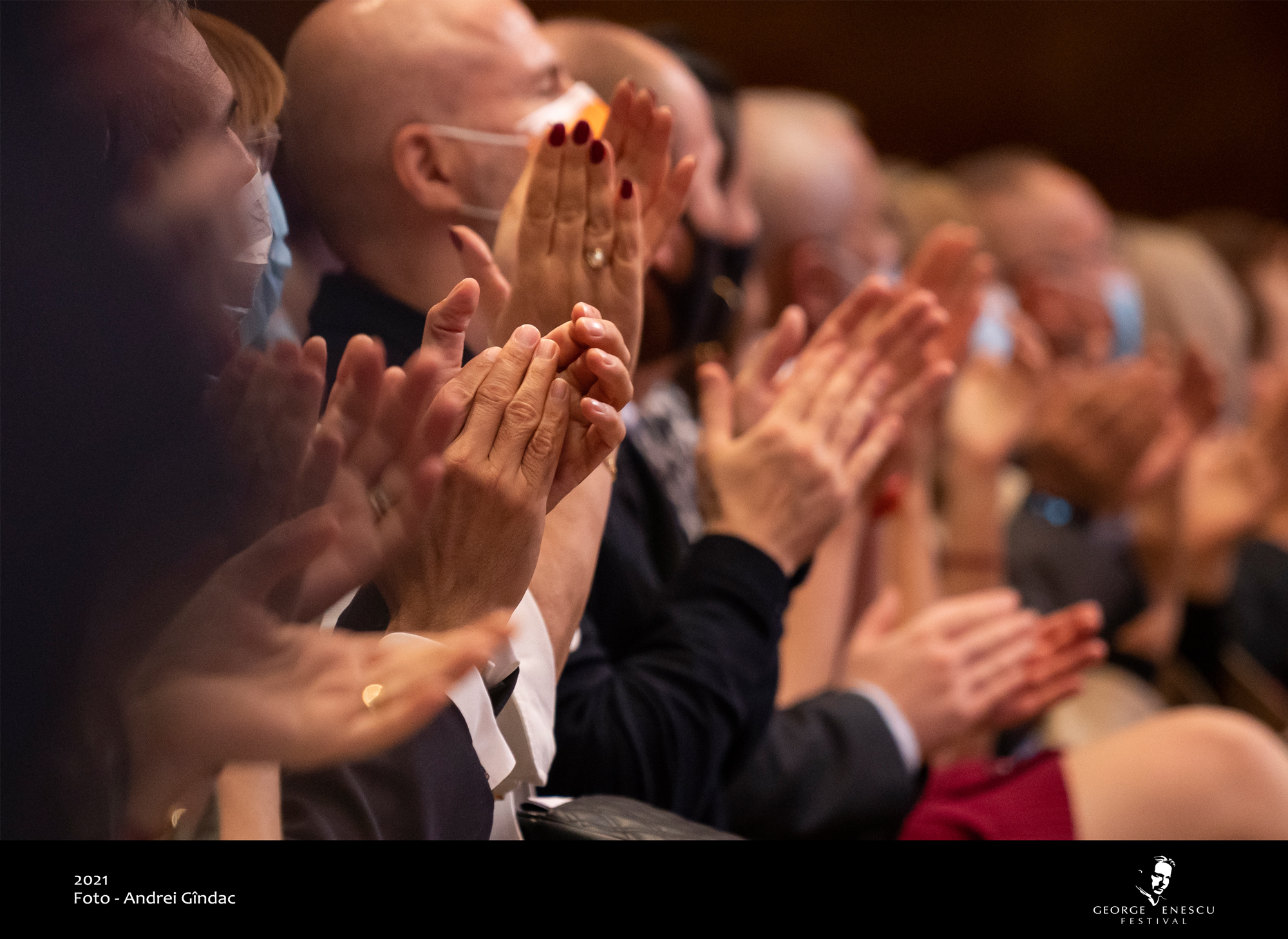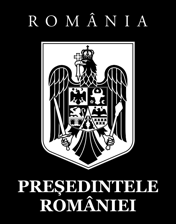By Ruxandra Predescu
Jaemin Han is the youngest participant and winner in the history of the George Enescu Competition. He was only 14 when he registered to attend and had turned 15 by the time he performed in the Cello Final at the Athenaeum. Still a child, some would say, but a virtuoso nonetheless – this was jury verdict, who rewarded him with the 1st Prize.
Following a relaxed conversation backstage with the other two finalists, before the jury made their announcement, Jaemin is now, after learning that he is the big winner, palpably nervous. He is holding tightly the flowers he received on stage and smiles broadly. He is accompanied by his mother and, seeing them together, it dawns on you that the award-winning cellist is, in fact, a child.
The first question is a follow-up to the earlier conversation backstage.
Jaemin, let’s talk about football. He laughs out loud and answers promptly:
Oh! I love football!
Now, coming back to the Competition, how do you feel?
I can’t explain it. I am very happy because when I came here my only objective was to make it to the Final. And now I’ve won the 1st Prize and I think it’s incredible. When they announced, in turn, the third place, then the second place, and then my name… I was astounded!
I madly enjoyed playing for an audience. I missed that.
What do you think it takes for a cellist to be truly remarkable?
Oh, that’s a really difficult question, I’ve never thought about this. Remarkable, you say? Hmm… I think it’s the personal touch you bring to a performance. You also need to understand the history – the impulse, the stimulus, and the condition of the composer who wrote the piece. I think these two things could help a lot.
Do you think technology impacts the way we perceive music, does it bring us closer to it? Especially after a year when we had no concerts with an audience.
I think not. I mean, sure, from an access perspective, yes, of course; but I think that we are closest to music in the concert hall, at a live performance. This sort of experience is incomparable to anything else. Like here, where I madly enjoyed playing for an audience. I missed that.
I did have a couple of online concerts and hated the experience, I felt odd in front of the camera; I missed the audience – the audience needs to be there, in front of you. It was a hard year, with no concerts. Really!
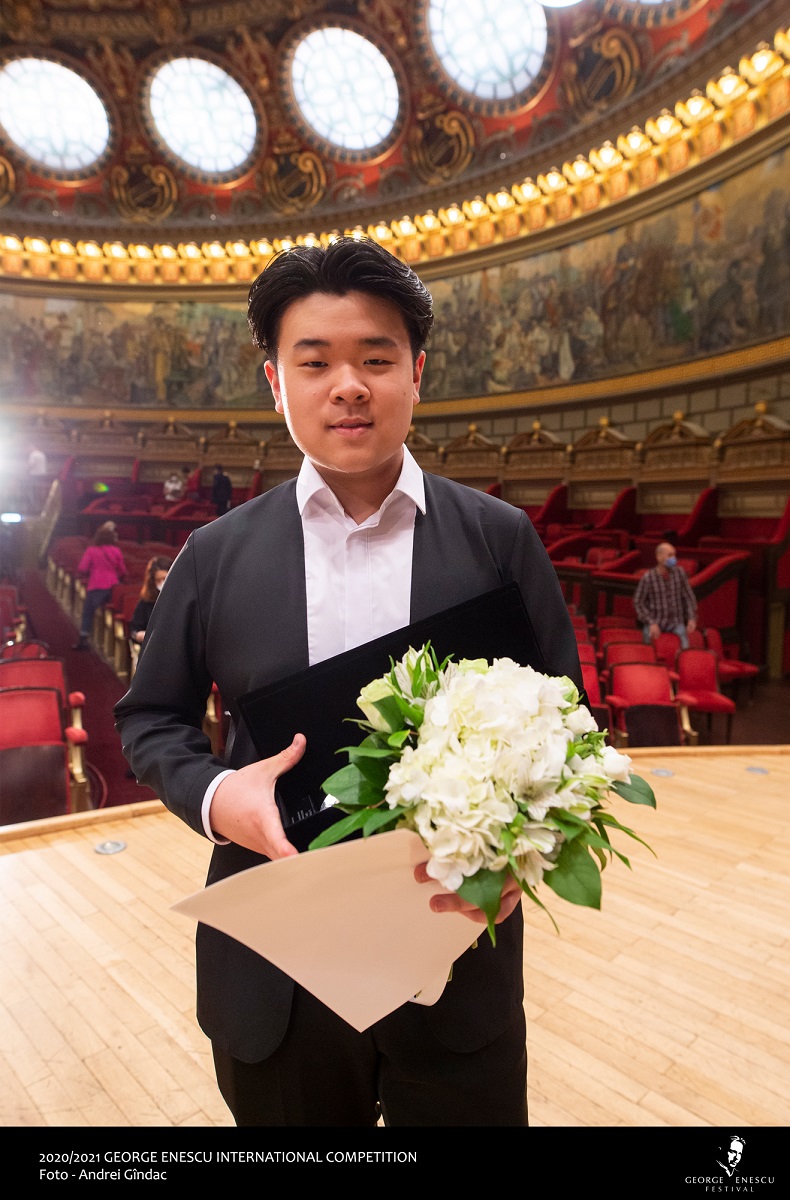
How did you learn about the Enescu Competition?
My professor recommended this Competition and said I should try it. I honestly didn’t want to, because I knew I’d get nervous in front of the camera and I wouldn’t do very well, but he insisted. Plus, I had to practice extra! In the end, he convinced me, I applied and, what do you know, my name was on the list. Then he told me I should make the recordings for the two rounds and I listened to him.
Did you like Enescu? Was it your first time playing this composer?
Yes and yes. I knew the name, but not the music. When I first saw his Cello Sonata I was a little shocked. I didn’t know anything about Romanian music or Romania, so I did some research, including on Romanian folk music, because that’s what part of Enescu’s music sounded like to me.
So that’s how it began and now you’ve won the Enescu Competition.
Yes. Wow!
Will you go on to play works by Enescu?
At first, I didn’t like Enescu, it’s very difficult to play; it’s hard to build the story. But after I practiced and practiced, I realized that it’s actually a beautiful, wonderful piece!
